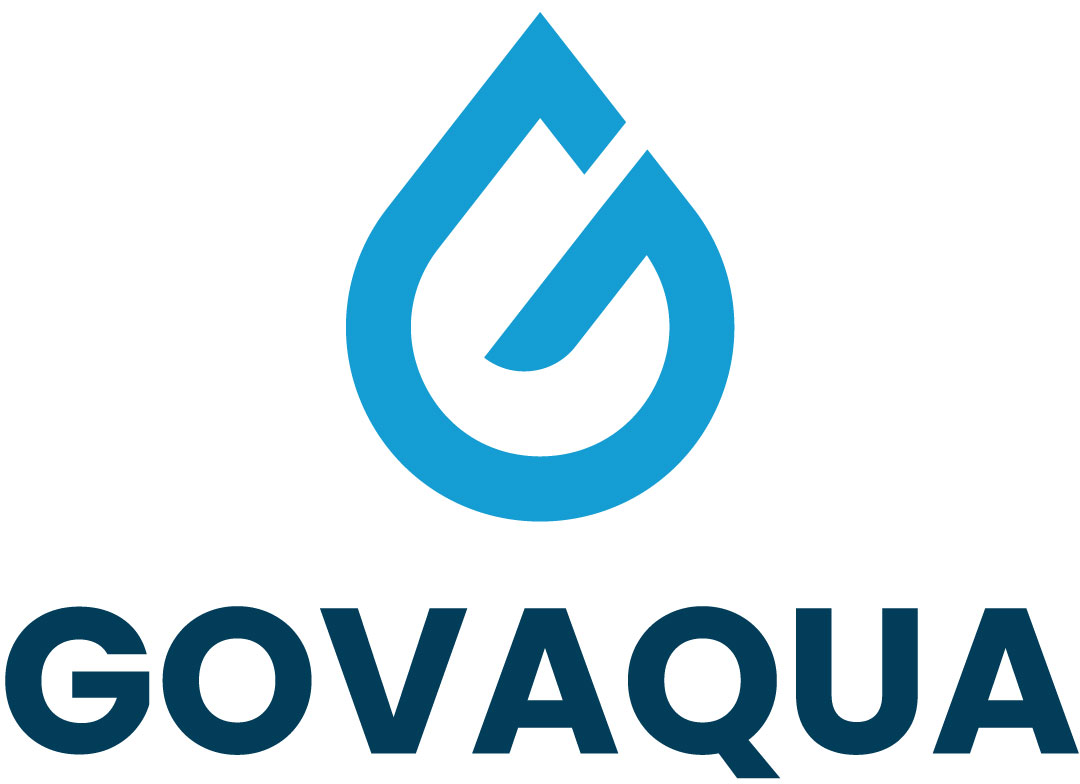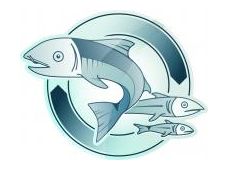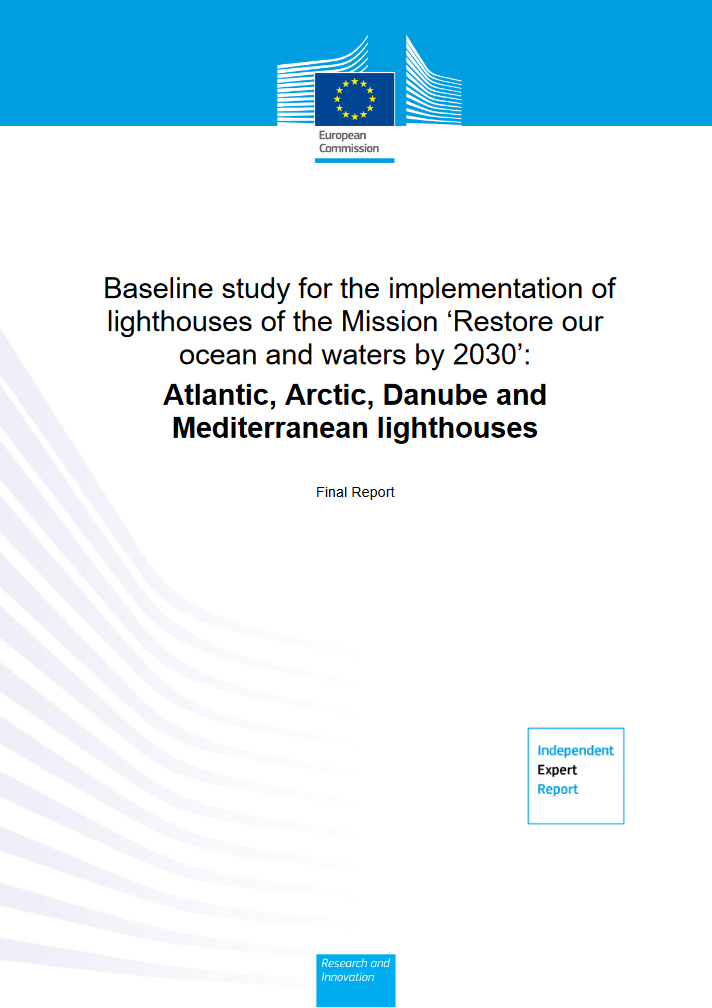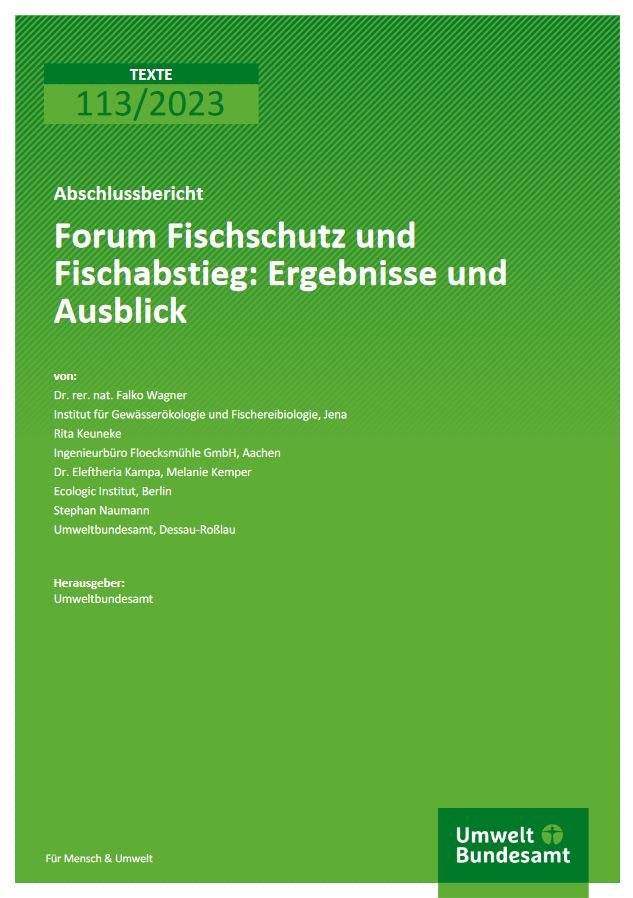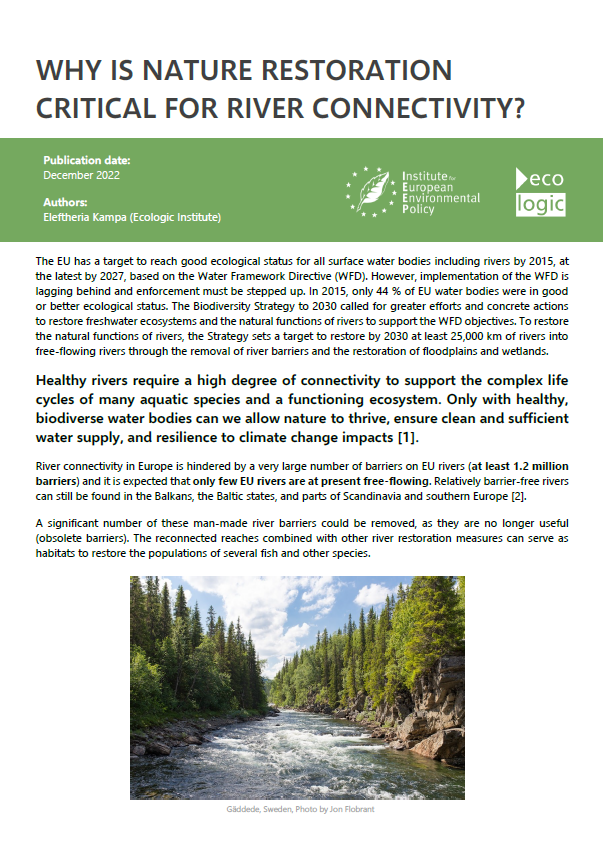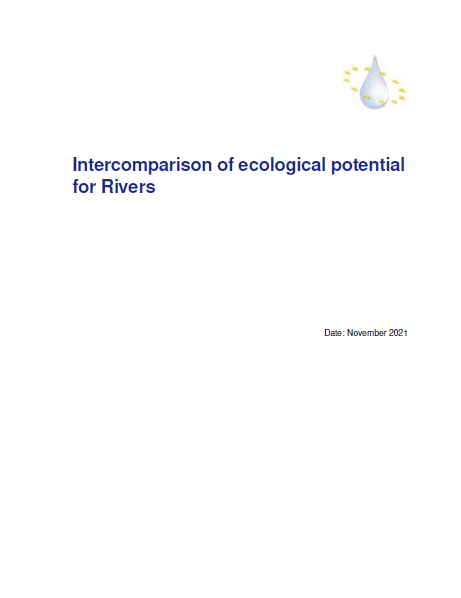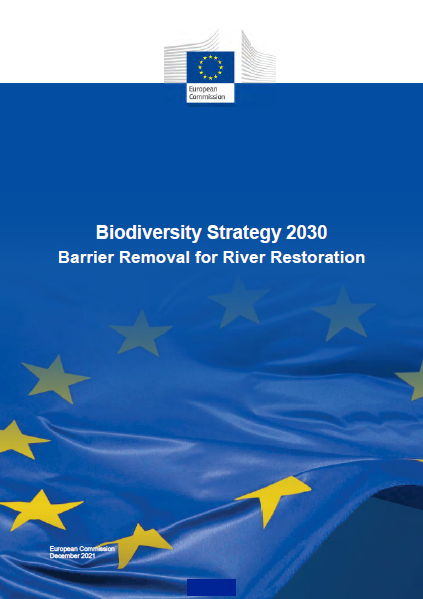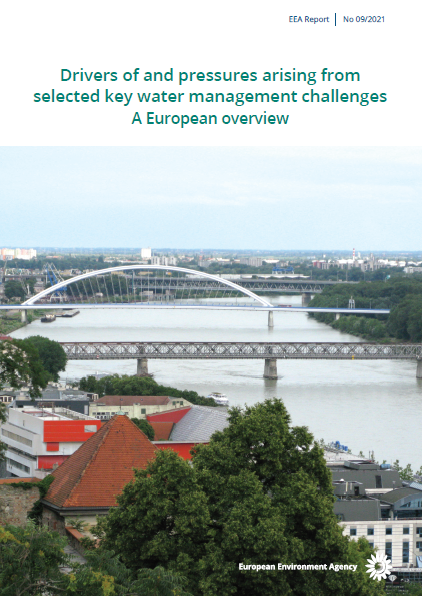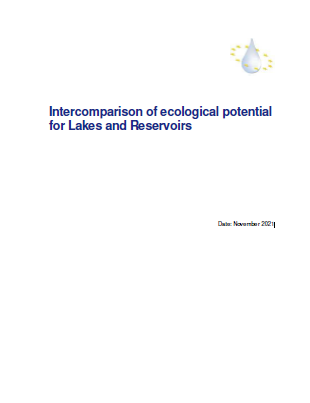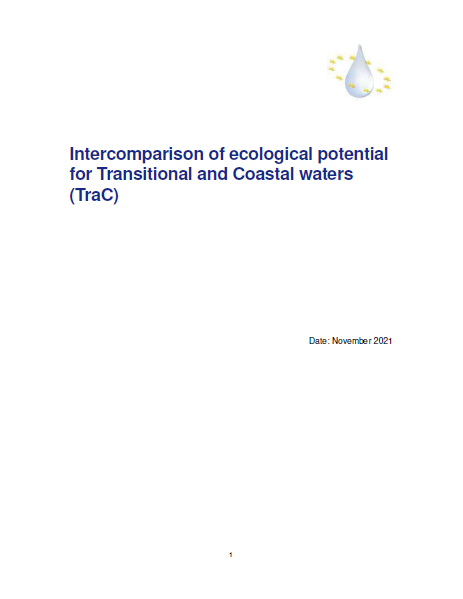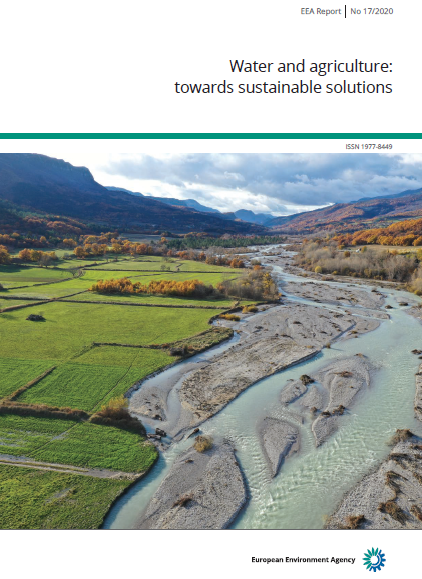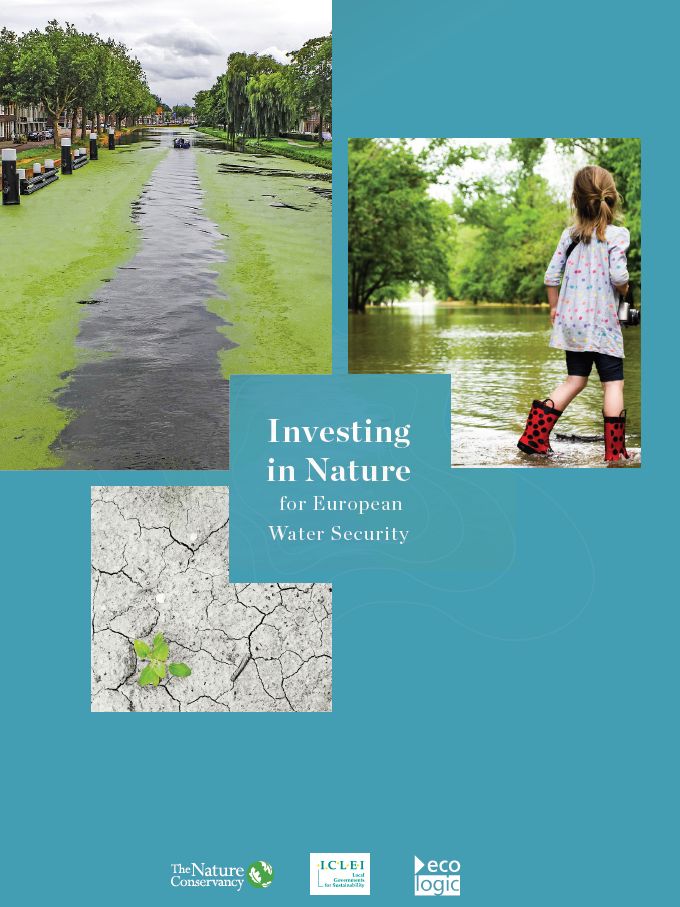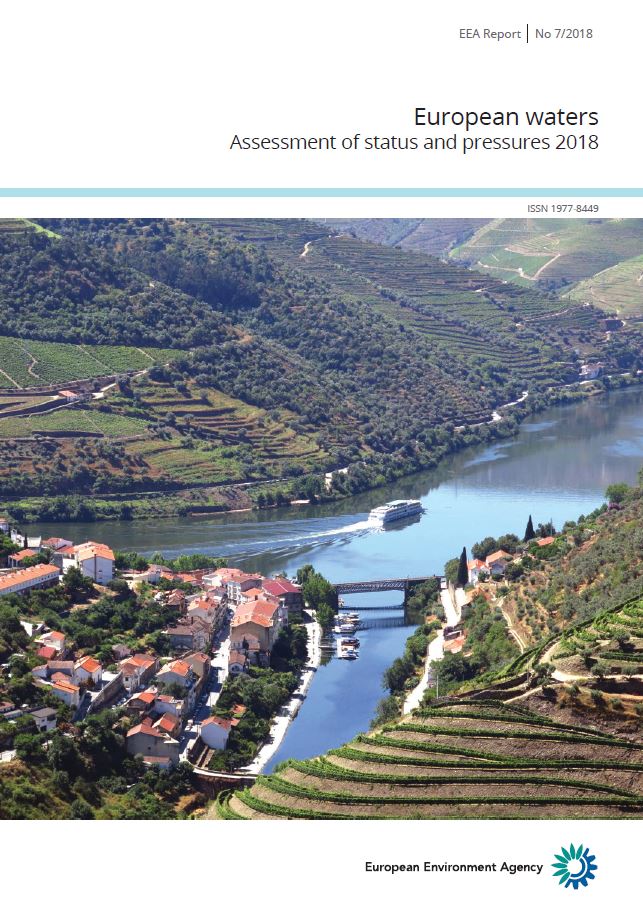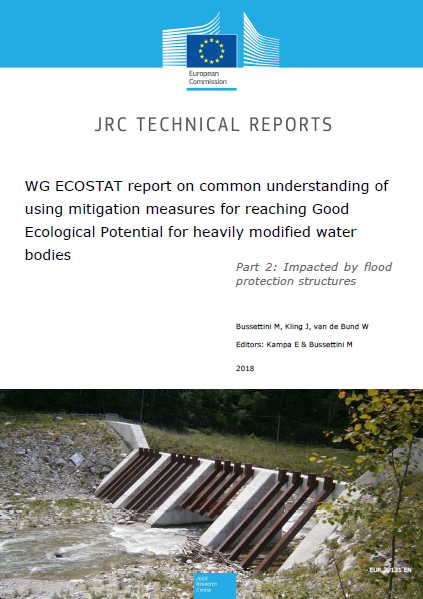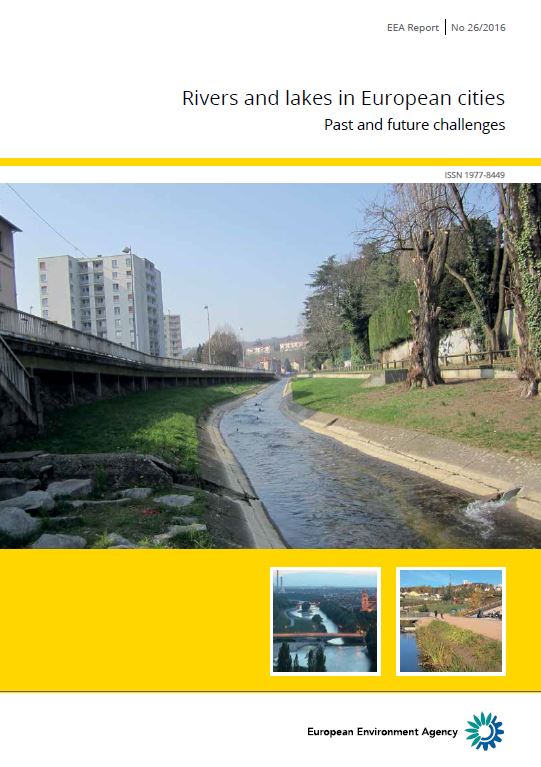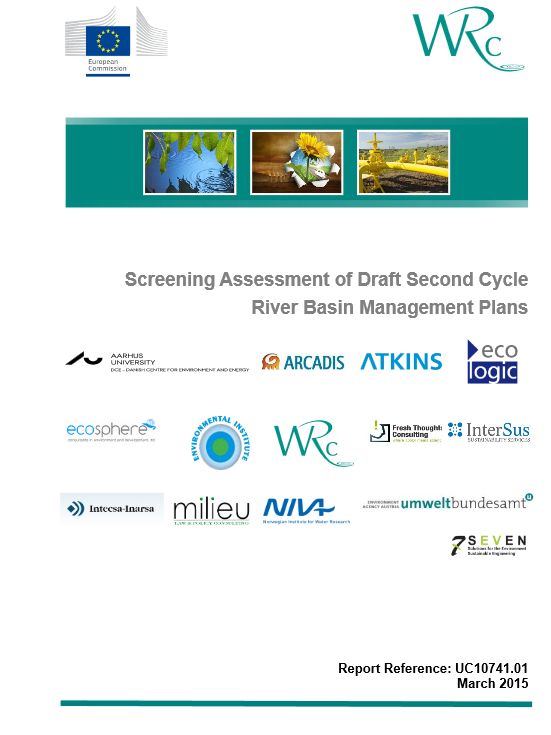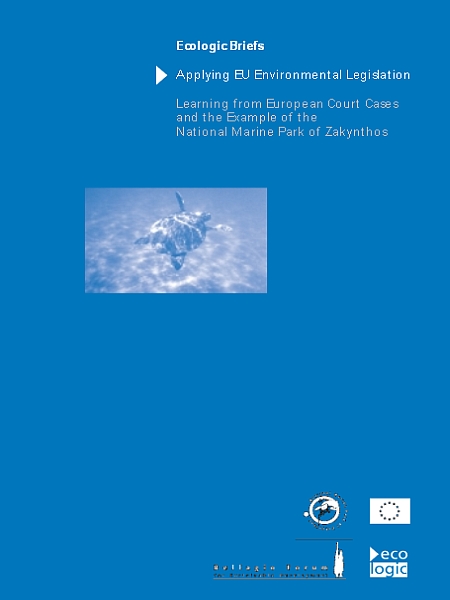
Dr. Eleftheria Kampa
MSc (Environmental Change & Management)
Co-Coordinator Water
Senior Fellow
- Team
- Topics
Dr. Eleftheria Kampa is a Senior Fellow at Ecologic Institute, focusing on policies for water resource management and aquatic biodiversity. Eleftheria is a Greek citizen. She works in English, German, and Greek and has knowledge of Spanish and Italian.
Eleftheria's work concentrates on providing support to European and national institutions on water policy implementation, especially with regard to the development of technical guidance and the assessment of implementation plans. She has extensive knowledge and experience on issues related to hydromorphological pressures and measures, restoration of rivers, wetlands and floodplains, hydropower and the Water Framework Directive, ecological flows, assessment and measures for heavily modified water bodies. Eleftheria contributed as key technical expert in the EU-wide assessment of the 1st and 2nd river basin management plans.
Eleftheria currently coordinates work on policy analysis of wetland restoration as climate change mitigation strategy in the RESTORE4Cs EU project, she contributes to research on aquatic ecosystem restoration in the Danube river basin in the DANUBE4all EU project and supports the EC in the implementation of the Mission Restore Ocean and Waters by 2030 with focus on a new community of practice on EU Blue Parks. She also coordinates research on legal and regulatory approaches for sustainable and equitable water use in the GOVAQUA EU project.
Eleftheria has previously coordinated stakeholder involvement and decision-support for the H2020 project on fish-friendly innovative technologies for hydropower (FIThydro) as well as knowledge dissemination and stakeholder participation for the FP7 project REstoring rivers FOR effective catchment Management (REFORM) on river restoration. In addition, she worked in the European Topic Centre on Inland, Coastal and Marine Waters (ETC-ICM), supporting the European Environmental Agency (EEA) in its assessments of European waters. She has provided conceptual input for the organization of various European events and stakeholder consultations related to water resource management, such as the stakeholder consultation process on the EU Blueprint to safeguard EU's water.
In 2007, Eleftheria was awarded a doctorate in environmental planning by the Technische Universität Berlin (Germany). In her doctoral thesis, she dealt with the implementation of integrated institutional water regimes in Greece using theories of public governance, property rights, and actor interaction. In 1999 she was awarded a British Council scholarship to complete the interdisciplinary MSc program in Environmental Change and Management at the Environmental Change Institute, University of Oxford (United Kingdom). Before that, she studied biology in Greece (Aristotle University of Thessaloniki) and Spain (Universidad del Pais Vasco) earning a "Ptychion" (bachelor's degree) in 1998. During her studies, she specialized in the ecological quality of surface water and also worked as a volunteer for the Greek Sea Turtle Protection Society on sea turtle conservation and sustainable ecotourism in coastal areas.
Contact Dr. Eleftheria Kampa by Email
Selected projects by Dr. Eleftheria Kampa
Modelling Restoration of Wetlands for Carbon Pathways, Climate Change Mitigation and Adaptation, Ecosystem Services, and Biodiversity, Co-benefits (RESTORE4Cs)
- Duration
-
-
- Funding
-
European Commission, Directorate-General Research & Innovation (DG Research & Innovation), International
Restoration of the Danube River Basin Waters for Ecosystems and People from Mountains to Coast (DANUBE4all)
- Duration
-
-
- Funding
-
European Commission, Directorate-General Research & Innovation (DG Research & Innovation), International
Water Quantity Management
- Duration
-
-
- Funding
-
European Commission, Directorate-General Environment (DG Environment), International
Implementation of Lighthouses of Mission 'Restore our oceans and waters by 2030'
- Duration
-
-
- Funding
-
European Commission, Directorate-General Research & Innovation (DG Research & Innovation), International
Mission Ocean, Seas and Waters Implementation Support Platform
- Duration
-
-
- Funding
-
European Climate, Infrastructure and Environment Executive Agency (CINEA), International
Governance Innovations for a Transition to Sustainable and Equitable Water Use in Europe (GOVAQUA)
- Duration
-
-
- Funding
-
European Commission, Directorate-General Research & Innovation (DG Research & Innovation), International
In-depth Assessment of Drought Management Plans
- Duration
-
-
- Funding
-
European Commission, Directorate-General Environment (DG Environment), International
Guidance on the 2030 Biodiversity Strategy River Restoration Targets
- Duration
-
-
- Funding
-
European Commission, Directorate-General Environment (DG Environment), International
Intercomparison of Good Ecological Potential and Technical Document on Sediment Management
- Duration
-
-
- Funding
-
European Commission, Directorate-General Environment (DG Environment), International
European Topic Centre on Inland, Coastal and Marine Waters (ETC-ICM)
- Duration
-
-
- Funding
-
European Environment Agency (EEA), International
Guidance on WFD Harmonised Environmental Requirements for HMWB and Hydromorphology
- Duration
-
-
- Funding
-
European Commission, Directorate-General Environment (DG Environment), International
CIS Guidance on Article 4(7), Inter-comparison of Good Ecological Potential and Hydromorphological Assessment Methods
- Duration
-
-
- Funding
-
European Commission, Directorate-General Environment (DG Environment), International
Framework Contract on Evaluation, Review and Development of EU Water Policy
- Duration
-
-
- Funding
-
European Commission, Directorate-General Environment (DG Environment), International
Providing Support to the Assessment of the Water Framework Directive and Floods Directives's Plans and Implementation
- Duration
-
-
- Funding
-
European Commission, Directorate-General Environment (DG Environment), International
Second Cycle of the German Participatory Forum on Fish Protection and Downstream Migration
- Duration
-
-
- Funding
-
German Environment Agency (UBA), Germany
Restoring River for Effective Catchment Management (REFORM)
- Duration
-
-
- Funding
-
European Commission, Directorate-General Research & Innovation (DG Research & Innovation), International
Fitness Check of Freshwater Policy
- Duration
-
-
- Funding
-
European Commission, Directorate-General Environment (DG Environment), International
Public and Stakeholder Consultation of the Blueprint to Safeguard Europe's Water
- Duration
-
-
- Funding
-
European Commission, Directorate-General Environment (DG Environment), International
Biodiversity of Freshwater Ecosystems: Status, Trends, Pressures, and Conservation Priorities (BioFresh)
- Duration
-
-
- Funding
-
European Commission, Directorate-General Research (DG Research), International
Selected publications by Dr. Eleftheria Kampa
European Commission, Directorate-General for Research and Innovation, Alao Chanou, Z., McColgan, O., Berbel, J., et al., Baseline study for the implementation of lighthouses of the Mission 'Restore our ocean and waters by 2030': Atlantic, Arctic, Danube and Mediterranean lighthouses, Publications Office of the European Union, 2023, https://data.europa.eu/doi/10.2777/34856
Wagner, Falko et al. 2023: In der Diskussion: Forum Fischschutz und Fischabstieg: Ergebnisse und Ausblick. Abschlussbericht. TEXTE 113/2023. German Environment Agency: Dessau-Roßlau.
Kampa, Eleftheria 2022: Why is nature restoration critical for river connectivity? IEEP, Ecologic Institute: Brussels, Berlin.
Rutschmann, Peter et. al. (eds) 2022: Novel Developments for Sustainable Hydropower. Springer International Publishing.
Kampa, Eleftheria 2022: Policy Framework for Hydropower Mitigation. In: Rutschmann, Peter et. al. (eds) 2022: Novel Developments for Sustainable Hydropower. Springer International Publishing.
Kampa, E., Rouillard, J., 2021. Intercomparison of ecological potential for Rivers. Berlin, Ecologic Institute.
European Commission 2021: Biodiversity Strategy 2030. Barrier Removal for River Restoration. Luxembourg: Publications Office of the European Union.
European Environment Agency (ed.) 2021: Drivers of and pressures arising from selected key water management challenges. A European overview. EEA Report No 09/2021. Luxembourg: Publications Office of the European Union.
Wolfram, G., Konecny, R., Kampa, E., 2021. Intercomparison of ecological potential for Lakes and Reservoirs. Vienna, Berlin: Environment Agency, DWS Hydro-Ökologie, Ecologic Institute.
Cleveringa, J., Kampa E., 2021. Intercomparison of ecological potential for Transitional and Coastal waters (TraC). Amersfoort, Berlin: Arcadis, Ecologic Institute.
EEA 2021: Water and agriculture: towards sustainable solutions. EEA report 17/2020. Publications Office of the European Union, Luxembourg, 128pp.
Kampa, E., Berg, L. (edit.), 2020: Fish-friendly Innovative Technologies for Hydropower. Key outputs from the FIThydro project. Policy Brief.
Trémolet S. et al. (2019). Investing in Nature for Europe Water Security. The Nature Conservancy, Ecologic Institute and ICLEI. London, United Kingdom.
Dworak, Thomas & Kampa, Eleftheria (2019). Workshop on hydro-morphological measures under the Floods and Water Framework Directives “Finding synergies and addressing challenges”. Background paper with conclusions from the workshop 4/5.12.2018 Budapest/Hungary.
Kampa, E., Rouillard, J., van de Bund, W, Brooke, J. 2018. Workshop on Significant adverse effects on use or the wider environment from measures – Summary report, 23-24 April 2018, Brussels.
Kampa, E. & Bussettini, M., 2018. River Hydromorphological Assessment and Monitoring Methodologies: Part 1 – Summary of European country questionnaires.
EEA 2018: European Waters Assessment of Status and Pressures. EEA Report No 7/2018. European Environment Agency, Luxembourg.
Bussettini M, Kling J, van de Bund W, Eds: Kampa E & Bussettini M, Working Group ECOSTAT report on common understanding of using mitigation measures for reaching Good Ecological Potential for heavily modified water bodies - Part 2: Impacted by flood protection structures, EUR 29131 EN; Publications Office of the European Union, Luxembourg, 2018.
Kampa, E. Tarpey, J., Rouillard, J., Bakken, T. H., Stein, U., Godinho, F. N., Leitão, A. E., Portela, M. M., Courret, D., Sanz-Ronda, F.J., Boes, R., and A. Odelberg (2017). Technical Deliverable 5.1. Review of policy requirements and financing instruments. H2020 project FIThydro Fishfriendly Innovative Technologies for Hydropower.
Halleraker et al. (authors). Kampa, Eleftheria and Sebastian Döbbelt-Grüne (eds.) 2016: Working Group ECOSTAT Report On Common Understanding Of Using Mitigation Measures For Reaching Good Ecological Potential For Heavily Modified Water Bodies. Luxembourg.
EEA, 2016: Rivers and Lakes in European Cities. Past and Future Challenges. Technical report No 26/2016, European Environment Agency, Copenhagen.
ETC/ICM, 2015. European Freshwater Ecosystem Assessment: Cross-walk between the Water Framework Directive and Habitats Directive types, status and pressures, ETC/ICM Technical Report 2/2015, Magdeburg: European Topic Centre on inland, coastal and marine waters, 176 pp. plus Annexes.
Fresh Thoughts, Ecologic Institute, WRc (2015). Screening Assessment of Draft Second Cycle River Basin Management Plans. Consultant report commissioned by DG Environment, European Commission.
EEA (2014): "Public participation: contributing to better water management". EEA Report, Vol. 3, 64.
Kampa, Eleftheria; Johanna von der Weppen and Thomas Dworak 2011: Water Management, Water Framework Directive and Hydropower - Common Implementation Strategy Workshop. Ecologic Institute, Berlin.
Kampa, Eleftheria and Wenke Hansen 2004: Heavily Modified Water Bodies. Synthesis of 34 Case Studies in Europe. [International and European Environmental Policy Studies]. Berlin Heidelberg: Springer.
Dräger, Tanja et al. 2003: Applying EU Environmental Legislation. Learning from European Court Cases and the Example of the National Marine Park of Zakynthos. [Ecologic Briefs on International Relations and Sustainable Development]. Berlin: Ecoscript.



